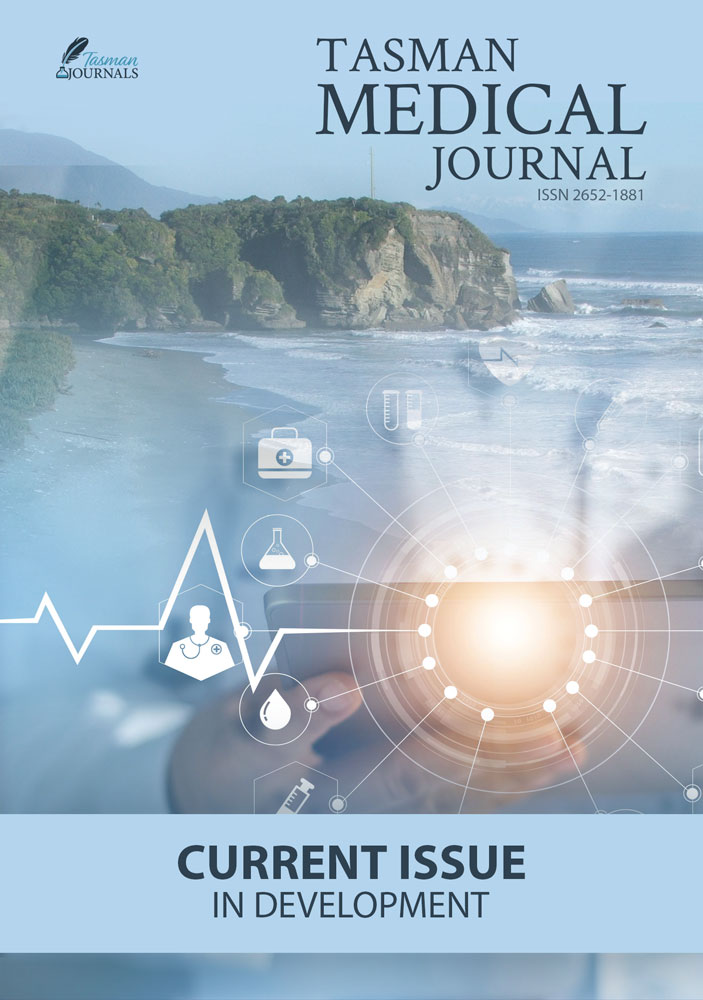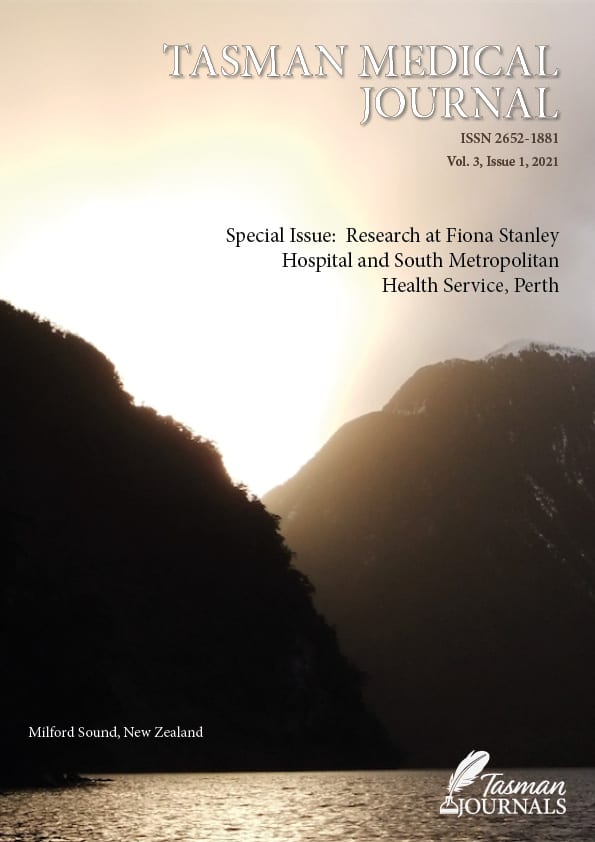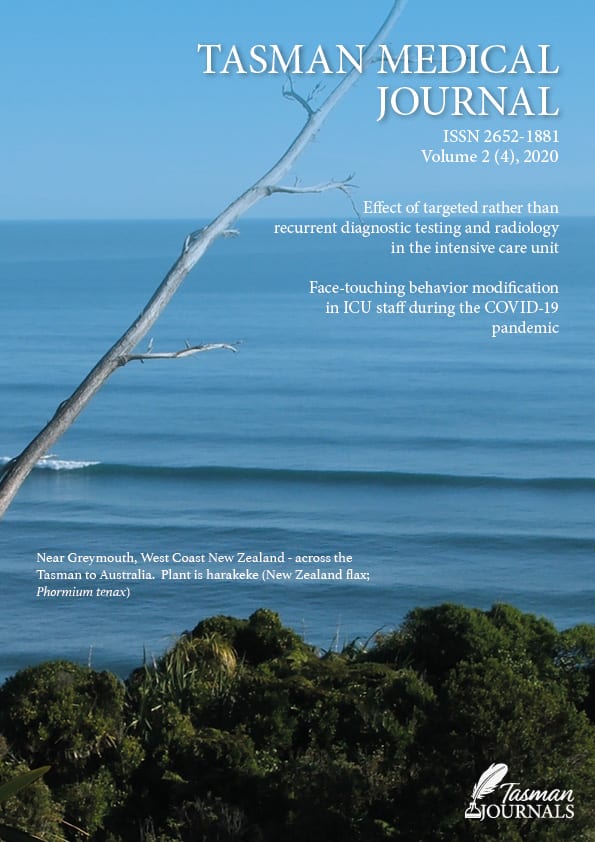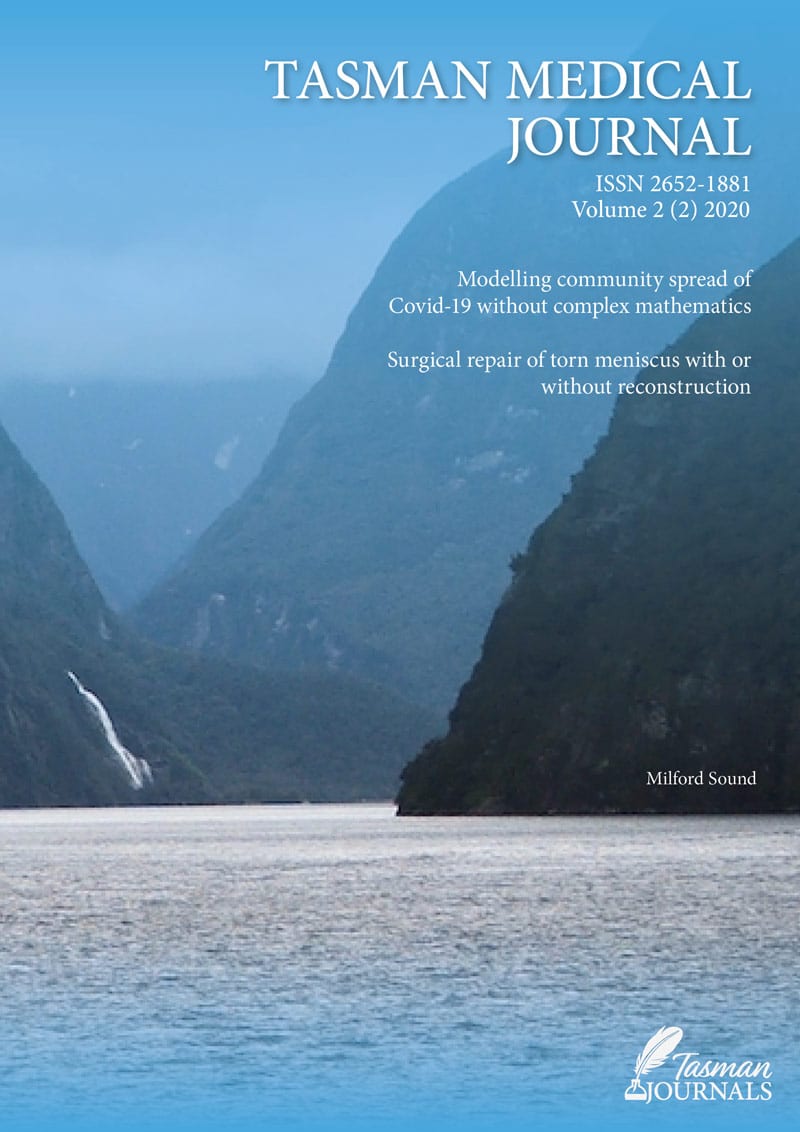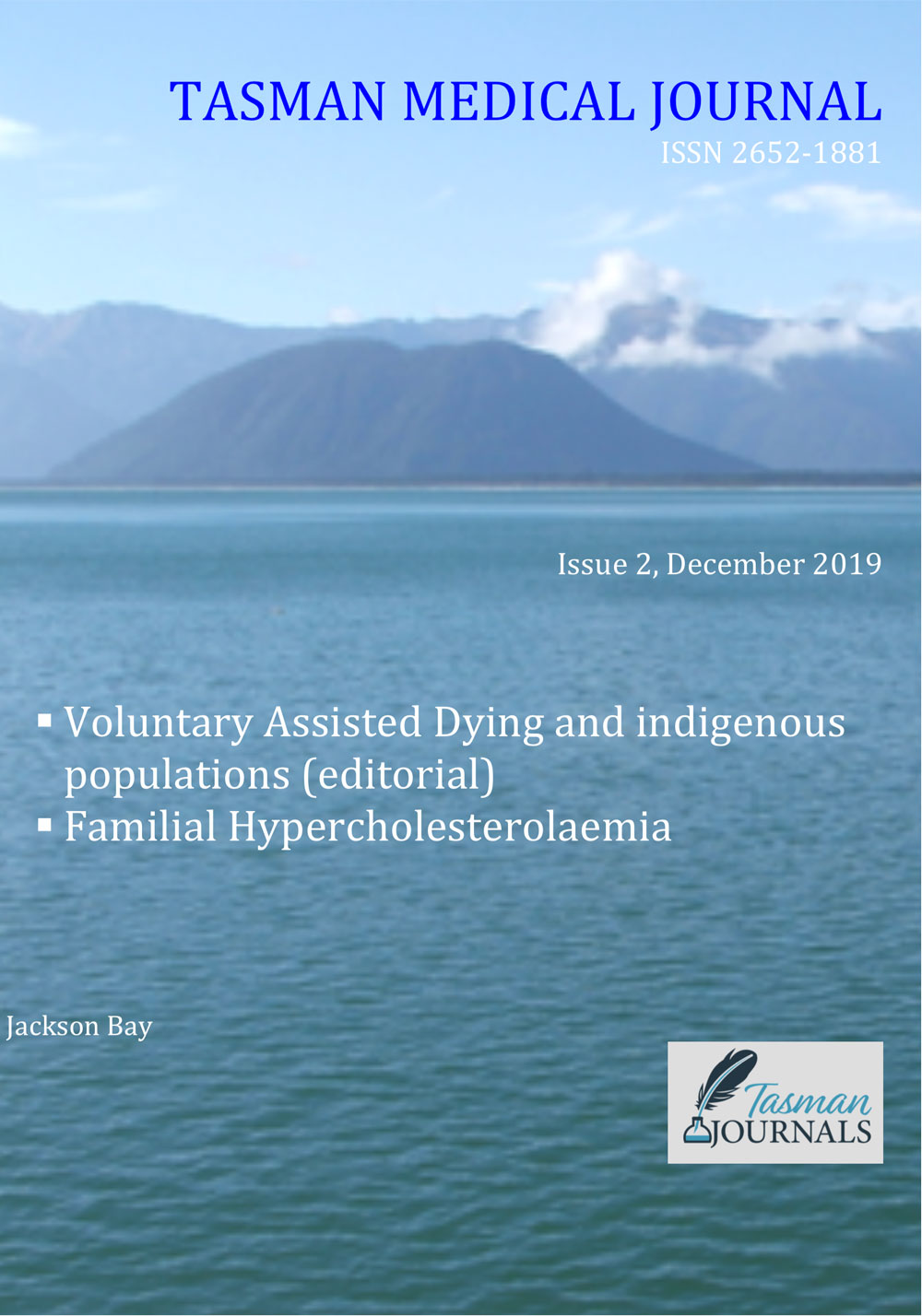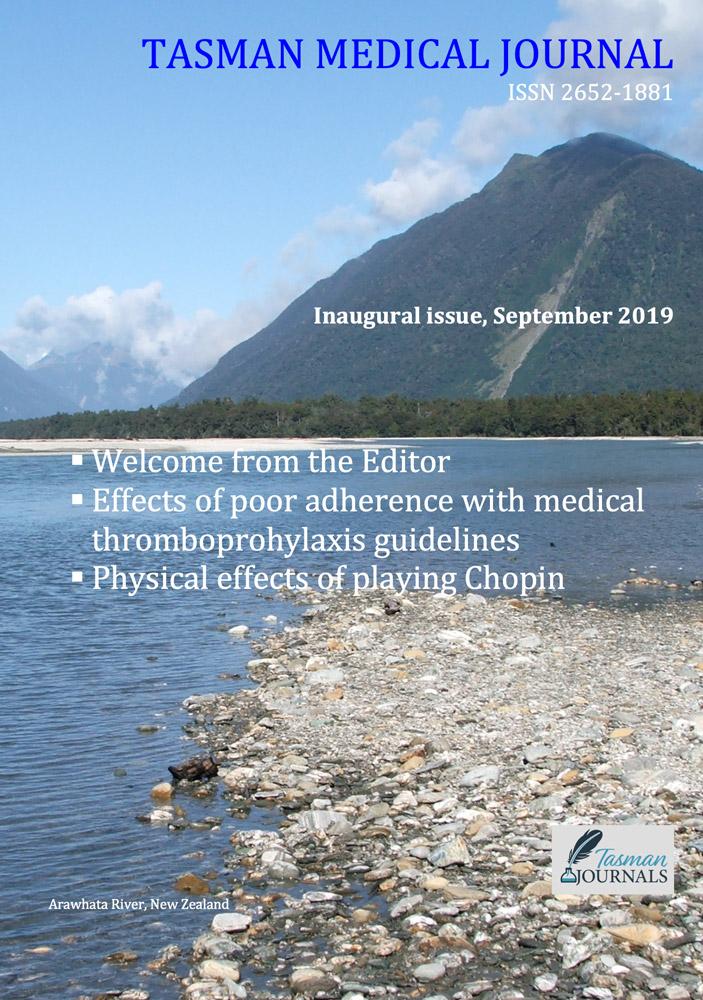Introduction
One might feel in 2024 that agitation for of hydroxychloroquine (HCQ) in the treatment of SARS-CoV-2 (COVID) infection should have subsided, but regrettably it continues to receive mention in the lay press. Professor Robert Clancy recently repeated his views on how the claimed benefits of hydroxychloroquine in the treatment of Covid were deliberately suppressed by the World Health Organisation (WHO) and global pharmaceutical companies, resulting in non-use of an allegedly effective drug.1 His opening claim was “Covid laid bare an agenda to manipulate world-best practice and centralise its control. Suppressing HCQ was a rehearsal. By controlling major clinical trials and using their influence on regulatory bodies, with supportive propaganda, the WHO and its partners shifted decision-making from grass-roots medicine to international forces driven by power and financial reward… The fate of HCQ is a story about switching decision-making in medicine from a core of experience clinicians familiar with local needs, to powerful global political and commercial interests.” These views have little evidence in their favour, and none were provided in the article. This apparently new article first appeared in Quadrant On-Line in May 2023, accompanied by 20 congratulatory comments by fellow-travellers.2 The duplication was not acknowledged. Quadrant on-line has also published several other similar Clancy articles: in March 2023, 16 November 2022, 8 August 2022 and 6 September 2021.
Readers will know that the primary source of medical pharmacological knowledge stems from application of controlled clinical trials. Though trial methodology is not infallible, no other method has the capacity for obtaining a true, balanced and unbiased view of a drug’s efficacy and side effects. Trial design includes precise definition of the patient population being studied, controls to minimise bias, statistical criteria to reduce the likelihood of false positive results, and approval on ethical grounds. Trials are analysed critically by regulatory bodies to take account of potentially limiting scientific, legal, ethical or sociological aspects. Alternative sources of information such as uncontrolled trials or personal experience deserve little standing. In most western jurisdictions, all drugs have also to pass a cost-effectiveness criterion (the remit of the PBAC in Australia) before they are made available subsidised under the relevant scheme. If there is no trial evidence of a drug’s benefit, it cannot be assumed.
The central question it assue is what benefit of hydroxychloroquine if any was shown in controlled clinical trials? The history is well documented and a clear answer, consistent with regulatory decisions, has been available since 2021.
History of COVID
The COVID pandemic started in China in or around December 2019. The WHO quickly recognised the danger and in January 2020 declared the outbreak a Public Health Emergency of International Concern. This was upgraded to pandemic status by 11 March. A Covid test became available on Feb 4. By April, the global Covid case load exceeded 1m.
The RECOVERY trial was created in the UK by 2 February with funding of £20 million from the UK government, with WHO support.3 It was of several trials aimed at determining whether several pre-existing candidate drugs could be “repurposed” for treatment of COVID. Patients with COVID who had been admitted to hospital were randomised to hydroxychloroquine (HCQ; n = 1542) or usual care alone (n = 3132). The primary trial endpoint was 28-day mortality. There was no significant difference in this measure (25.7% HCQ vs. 23.5% usual care). There was also no evidence of beneficial effects on hospital stay duration or other outcomes.4 On the other hand, the same trial measured significant benefit in 2104 patients randomised to receive dexamethasone compared with 4321 patients randomised to usual care alone in patients who required respiratory system support (but not in patients not requiring invasive respiratory care). Dexamethasone reduced deaths by one-third in ventilated patients and by one fifth in other patients receiving oxygen only.5 Also that year, the WHO sponsored the SOLIDARITY trial,6 again in hospitalised patients given remdesivir, HCQ, a fixed-dose combination of lopinavir and ritonavir, and interferon-β1a. For HCQ, death rates were 19% greater than control: 104 deaths in 947 patients vs 84 in 906.
Thus the WHO reacted quickly to what was an obvious global public health crisis and within a matter of months had, by means of controlled clinical trials, excluded HCQ as an effective drug in hospitalised patients. Clancy’s response to these data is that the trials did not study the time point (”early in disease”) at which HCQ would have been effective, on the basis of knowledge that it prevents viral entry into cells. This belief arises from supportive laboratory studies, but whether they apply in human disease remains controversial. He states: “Despite clear evidence that HCQ had maximum benefit early in disease…and in high risk patients, detractors of HCQ continued to include hospitalised patients with advanced disease in meta-analysis.” Clancy did not define “early” or provide proper details of the “clear evidence”, but referred instead to the experience of a group in Marseille led by Dr Didier Raoult which reported a 6-week all-cause mortality rate of 0.1% in patients aged 18-50 years of age treated with a combination of HCQ and azithromycin vs 0.5% in control subjects.7,8 The study was a non-randomised retrospective study that was not peer reviewed and has been withdrawn. Its title referred to “early treatment” but early disease was not a selection criterion; indeed as a retrospective study there were no selection criteria. Furthermore, patients were all treated “in our centre” (Institut Hospitalo-Universitaire Méditerranée Infection Centre, Marseille) and so may not have satisfied a reasonable definition of early. If the result was real, it could equally be ascribed to prevention of secondary bacterial pneumonia by azithromycin. Raoult has been heavily criticised and he was obliged to stand down as director of his research institute.9 It has been known from the start that the death rate from Covid in patients under 50 years is low: increasing age is the greatest population risk factor. The vague use of the word “early” implies that if the drug has a clinical effect at the point of Covid infection or in succeeding days (that is, before symptoms or even positive tests emerge), it needs to be used prophylactically. In the setting of a pandemic, this in effect means mass medication of the community. That conclusion might be true: but there is no trial evidence in its favour.
Evidence in early COVID
The evidence against efficacy in early COVID is strong. Spivak and colleagues measured the effect of HCQ alone in early (patients over 18 years of age with household contacts who had Covid and who developed a positive test within 72 h of enrollment). They treated with HCQ (185 patients) or placebo (182 patients). Their summary of results was: “We identified no overall differences in the duration of oropharyngeal carriage of SARS-CoV-2 (hazard ratio of viral shedding time comparing hydroxychloroquine to placebo, 1.21; 95% confidence interval [CI], 0.91, 1.62). Overall, 28-day hospitalization incidence was similar between treatments (4.6% hydroxychloroquine versus 2.7% placebo). No differences were seen in symptom duration, severity, or viral acquisition in household contacts between treatment groups”.10
In another trial of HCQ in early Covid (“recently symptomatic adults”) by Gilmar Reis and colleagues from Brazil (TOGETHER Trial of 2021), 214 patients who were over 18 years and reported less than 8 days of flu-like symptoms were assigned to HCQ, 214 to the antiviral drugs lopinavir-ritonavir, and 227 to placebo. Covid-associated hospitalization and death were measured. These investigators found “…no significant differences among hydroxychloroquine, lopinavir-ritonavir, or placebo in Covid-19–associated hospitalizations, time to hospitalization, or time to viral clearance.” They suggested that “…hydroxychloroquine and lopinavir-ritonavir do not have a role in early treatment of Covid-19”.11
Clancy refers to a database of all HCQ studies.12 They are grouped according to the category of evidence and include a group of 11 claimed to be in early disease studied by controlled trials. These 11 trials are analysed in a meta-analysis in spite of varying endpoints. A summary table is available on request. Only one study reported efficacy for HCQ in Covid-19 at borderline levels of statistical significance, in groups given several combinations of treatment including HCQ with several antivirals. Interpretation of this trial is extremely difficult. Two of the 11 trials were in hospitalised patients (that is, did not satisfy a reasonable early disease criterion), and in several others “early” Covid was apparently declared on the basis of “mild” disease. One included study13 was abandoned after only 20 enrolments and reported results in only 7 patients given HCQ+azithromycin and 9 given placebo. The study reported no deaths but 1 patient given placebo was admitted to hospital. The site claims, on the basis of continuity correction for studies with zero events, that the result demonstrates that HCQ provided a 64% “improvement”, but this is unconvincing on the basis of the multiplicity of treatments and the small number of patients.13
Thus scientific clinical trial data fails to show conclusively that HCQ is effective for treating Covid, early or late. Why some medical practitioners continue to bang the drum in its favour is a mystery. But Clancy goes further. He claims that the investigation into HCQ was a “…metaphor for the distortion imposed on clinical practice, driven by misinformation aimed at supporting a flawed narrative originating from the highest sources of medical influence.” This is an apparent reference to the WHO, as he also states “A major driver of opinion about Covid has been the World Health Organisation. Its Health Emergencies Program…may be a serious threat to independent local health systems”. Furthermore, he suggest that the handling of HCQ in Covid has three major elements, which appear to be: (1) the decision to treat should lie wholly within the doctor-patient relationship; (2) the fate of HCQ is about switching decision-making from individual doctors to “powerful global political and commercial interests” (in the context, this means the WHO and the pharmaceutical industry); and (3) Covid is now an endemic disease and “HCQ (and ivermectin) as cheap, safe and available drugs are drugs of choice for early treatment today, as they always have been.” These points are barely logical and unsupported by any evidence, but appear to mean that the way HCQ trials were presented (as ineffectual) by the WHO and the global pharmaceutical industry led to a deliberate and unwarranted intrusion in the right of a doctor to prescribe any drug if the patient so desires. However, the ability of a doctor to prescribe a drug in the modern era has always been constrained by the evidence describing its clinical benefits and toxicity, and no medical ethic supports the prescribing of a potentially toxic drug that controlled clinical trials show to be useless, especially in the setting of a pandemic. Concern over overuse of HCQ against Covid and a potential for scarcity in its approved uses (in the absence of supporting evidence) led the TGA to limit the right to prescribe HCQ in March of 2020, a reasonable response14 in the public interest.
One factor influencing HCQ’s status in COVID was the early endorsement of United States President Donald Trump. This reportedly happened because, according to the President, “lots of people are talking about it”.15 In other words, the President’s belief was not based on scientific evidence. HCQ was allegedly made available by the White House physician because the President simply expressed a wish to take it.15 Of cpurse, being the President’s physician may hold unexpected challenges, but coincidentally Dr Anthony Fauci, then director of the National Institute of Allergy and Infectious Diseases and White House coronavirus advisor, was critical of HCQ and his opinion ultimately prevailed.16
Clancy called HCQ “safe”, but the TGA-approved drug information fact sheet describes several undesirable interactions with other drugs as well as several toxic effects of variable frequency: blurring of vision (common, > 1/100 patients), irreversible retinopathy (uncommon), and cardiomyopathy (rare). Retinal examination is advised every 3-6 months in patients taking HCQ, a hidden cost. Other reported but rare effects are liver toxicity, hypoglycaemia in diabetics, reactivation of hepatitis B infection, and arrhythmias. If a drug with zero effectiveness against a specific disease but some intrinsic toxicity is prescribed, then the net effect must be increased toxicity in the treated population. That offends the primary Hippocratic obligation: “Primum non nocere.”
Conclusions
There is at best a paucity of clinical trial evidence of efficacy of HCQ in the treatment of Covid-19 infection, but substantial evidence against. Thus it is reasonable to conclude that HCQ is without effect in this disease, early or late in its course. In spite of this, Robert Clancy continues to promote it for “early” treatment.1 Failure to achieve the necessary evidence base is linked in his article to an alleged conspiracy involving the World Health Organisation and the global pharmaceutical industry, who claimed aim is to diminish local doctor-patient relationships in favour of international control. This is also presented without supporting evidence and is in the author’s view absurd.
Provenance: Not externally reviewed
Ethics Approval: Not required
Interests: The author served on the Pharmaceutical Benefits Advisory Committee from 2002-2006. He has no links with any pharmaceutical manufacturer.


